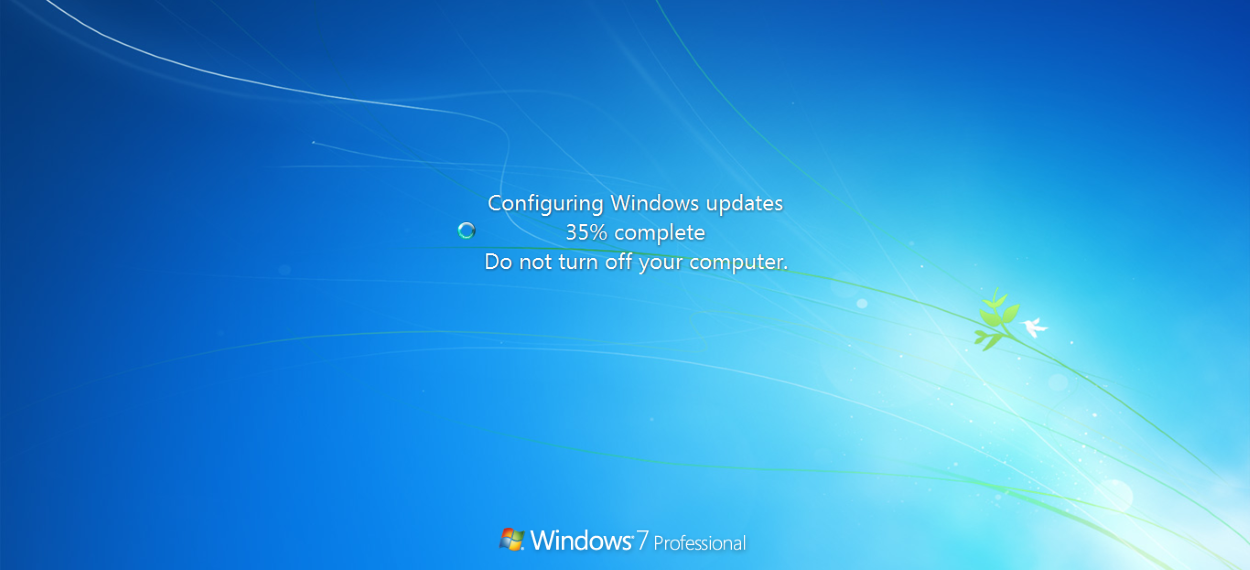
Windows 7 is projected to reach the end-of-support in January 2020 for consumers, but Microsoft is offering paid extensions for Windows 7 security updates. Microsoft has also decided to extend the support cycle for businesses using Windows 10 to help them make the shift to modern desktop.
In a blog post, Microsoft announced that they will be extending the support cycle for businesses running Windows 10 Enterprise and Education from 18 months to 30 months for feature updates released this month and later. Windows 10 Pro and Home will continue to have a 18 month support cycle for released feature updates.
The blog post explains how the Windows 10 support will be extended:
Based on that feedback, we’re announcing four changes:
- All currently supported feature updates of Windows 10 Enterprise and Education editions (versions 1607, 1703, 1709, and 1803) will be supported for 30 months from their original release date. This will give customers on those versions more time for change management as they move to a faster update cycle.
- All future feature updates of Windows 10 Enterprise and Education editions with a targeted release month of September (starting with 1809) will be supported for 30 months from their release date. This will give customers with longer deployment cycles the time they need to plan, test, and deploy.
- All future feature updates of Windows 10 Enterprise and Education editions with a targeted release month of March (starting with 1903) will continue to be supported for 18 months from their release date. This maintains the semi-annual update cadence as our north star and retains the option for customers that want to update twice a year.
- All feature releases of Windows 10 Home, Windows 10 Pro, and Office 365 ProPlus will continue to be supported for 18 months (this applies to feature updates targeting both March and September).
Businesses can pay for Windows 7 Extended Security Updates
The company will also be offering paid Windows 7 Extended Security Updates (ESU) on a per-device basis to all Windows 7 Professional and Enterprise customers in Volume Licensing.. The businesses using ESU will be able to get Extended Security Updates (ESUs) until January 2023, but keep in mind that the Windows 7 consumer products are not impacted by this change.
"With that in mind, today we are announcing that we will offer paid Windows 7 Extended Security Updates (ESU) through January 2023," writes Jared Spataro, Corporate Vice President for Office and Windows Marketing, in a blog post. "The Windows 7 ESU will be sold on a per-device basis and the price will increase each year. Windows 7 ESUs will be available to all Windows 7 Professional and Windows 7 Enterprise customers in Volume Licensing, with a discount to customers with Windows software assurance, Windows 10 Enterprise or Windows 10 Education subscriptions. In addition, Office 365 ProPlus will be supported on devices with active Windows 7 Extended Security Updates (ESU) through January 2023. This means that customers who purchase the Windows 7 ESU will be able to continue to run Office 365 ProPlus."
There are still plenty of users running Windows 7.
According to the latest stats from NetMarketShare, Windows 7 has a market share that exceeds 40 percent, but Windows 10 is likely to overtake Windows 7 by the end of the year. Last month, Windows 10 market share jumped from 36.58% to 37.80% and Windows 7 dropped from 41.23% to 40.27%.



Comments
rhasce - 5 years ago
Businesses man? wow more like Microsoft trying to get money off everything they can, next thing they gonna charge for just looking at a screen.
ShinigamiRazgriz - 5 years ago
They already want people to pay for Solitare on Windows 10
herbman - 5 years ago
Win 10 is still an absolute atrocity to this day.